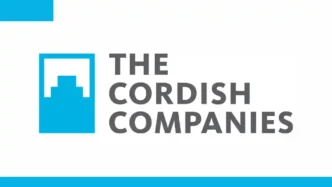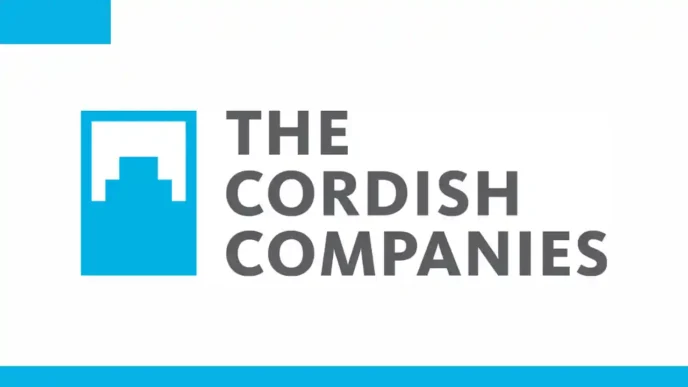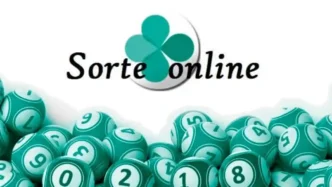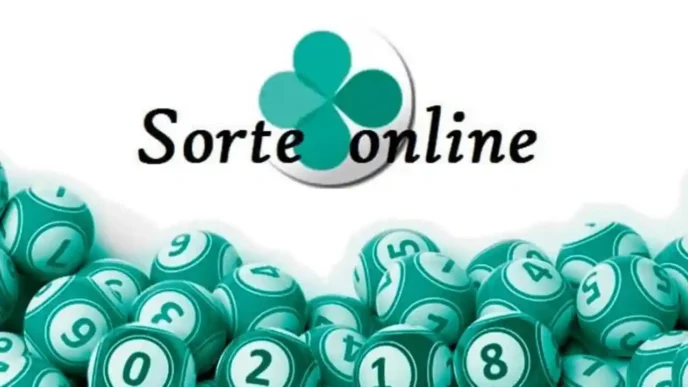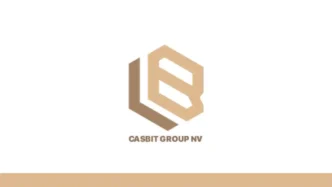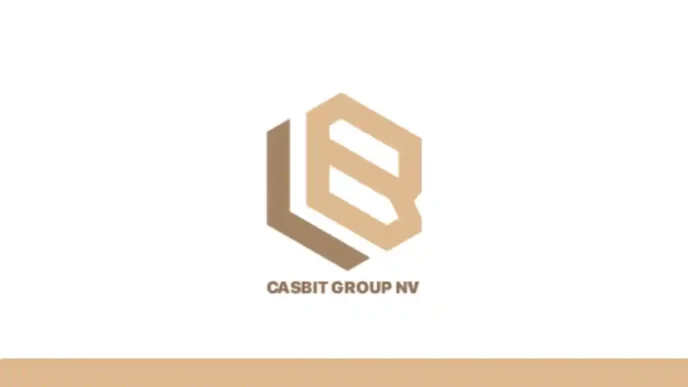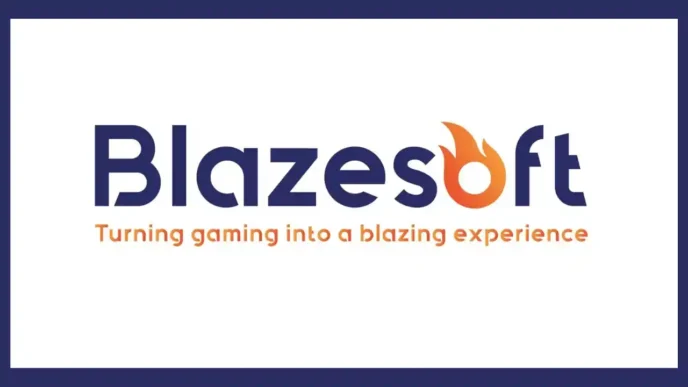Groupe Partouche, a major player in the European gaming industry, has reported a modest 1.5% year-on-year increase in its gross gaming revenue (GGR) for the 2024 financial year. The GGR stood at €712.3 million (£587.7 million/$747.9 million), slightly up from the €701.5 million reported the previous year. This growth comes despite the partial closure of three major French casinos undergoing renovations, which presented challenges for multiple gaming verticals. The 12-month financial period spans from November 2023 to October 2024.
The company’s land-based casino segment remained a key driver of revenue, contributing €391.5 million, a 2% year-on-year increase. Additionally, hotel revenue saw notable growth, climbing 11% to €31.2 million during the same period. However, other non-core revenue streams faced a slight decline, falling by 2.5% to €11.6 million. The renovations of Annemasse, Divonne, and La Tour-de-Salvagny, some of the group’s largest properties in France, negatively impacted traditional and electronic gaming activities.
In an effort to recover from these disruptions, Groupe Partouche opened its new Royal Palm Casino in Cannes in early December following its relocation to Palm Beach. Despite renovations affecting its operations, slot machines remained a strong contributor to revenue, with the French market’s slot machine GGR totaling €636.1 million for FY24. This figure represents a modest 1.5% year-on-year increase, illustrating some resilience in this gaming vertical.
While France faced challenges during FY24, Groupe Partouche achieved strong performance in other markets, particularly Switzerland. The company reported a 7.3% increase in annual GGR in Switzerland, totaling €76.3 million. This growth was bolstered by favorable currency exchange rates linked to its Meyrin casino operations. Furthermore, traditional games in Switzerland saw a notable 23.8% increase, with this segment contributing €36.8 million. Online gaming also contributed positively, with GGR climbing by 34.5% to €23.6 million, further highlighting the growing strength of digital gaming markets. Additionally, the Middelkerke casino in Belgium saw its GGR jump by an impressive 33.3%, signaling strong performance in European operations outside France.
Groupe Partouche’s Q4 performance was particularly noteworthy. The company reported a 2.3% year-on-year increase in GGR during the quarter, amounting to €186 million. Net gaming revenue also improved by 6.8% to reach €27.9 million. Consolidated turnover grew by 3.7% to €107 million, signaling a recovery from Q3, which was impacted by weak summer conditions in France. This recovery demonstrates a positive trend as the company capitalized on market opportunities later in the year.
The company reported total levies of €373.7 million during the fiscal year, leaving €338.7 million in net gaming revenue, a 1.7% increase compared to the previous financial year. Meanwhile, turnover from non-gaming revenue grew by 4.5% to €98.5 million, with €2.9 million spent on costs related to the company’s customer loyalty programs. These operational results contributed to Groupe Partouche’s consolidated turnover of €434.3 million, a 2.5% year-on-year increase.
Although FY24 presented obstacles such as renovations and a difficult Q3 summer period, Groupe Partouche has managed to stabilize operations through strong performances in international markets, such as Switzerland and Belgium, as well as improvements in the final quarter. Additionally, the increasing role of online gaming has provided opportunities for future expansion and revenue diversification.
The company appears well-positioned to navigate future challenges as it looks to complete ongoing renovations and invest in emerging opportunities across the European gaming market. The FY24 financials indicate that the company remains resilient, leveraging market strengths and operational adjustments to maintain steady growth. As the online gaming segment continues to expand, Groupe Partouche’s adaptability and international reach could provide the foundation for long-term revenue gains.
